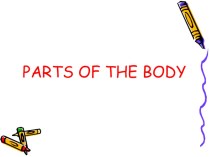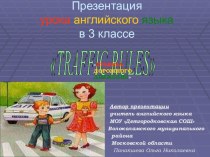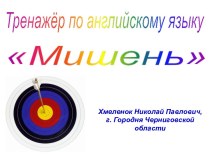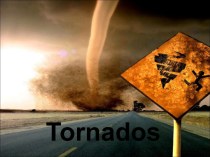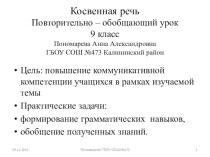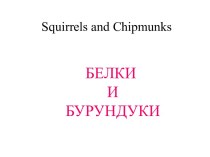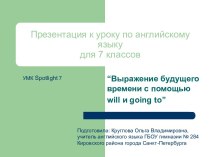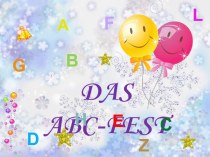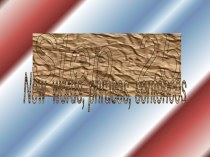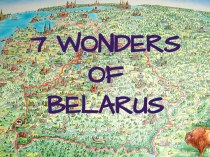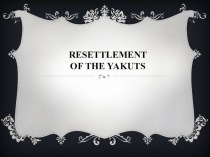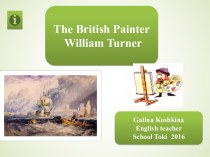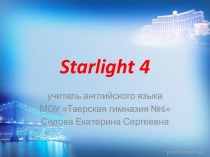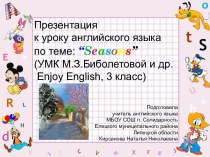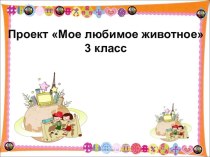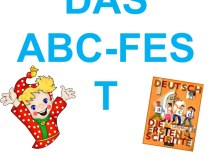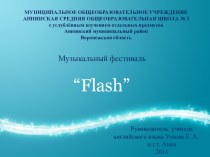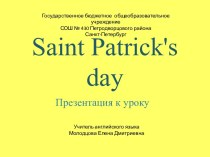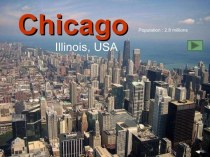- Главная
- Разное
- Бизнес и предпринимательство
- Образование
- Развлечения
- Государство
- Спорт
- Графика
- Культурология
- Еда и кулинария
- Лингвистика
- Религиоведение
- Черчение
- Физкультура
- ИЗО
- Психология
- Социология
- Английский язык
- Астрономия
- Алгебра
- Биология
- География
- Геометрия
- Детские презентации
- Информатика
- История
- Литература
- Маркетинг
- Математика
- Медицина
- Менеджмент
- Музыка
- МХК
- Немецкий язык
- ОБЖ
- Обществознание
- Окружающий мир
- Педагогика
- Русский язык
- Технология
- Физика
- Философия
- Химия
- Шаблоны, картинки для презентаций
- Экология
- Экономика
- Юриспруденция
Что такое findslide.org?
FindSlide.org - это сайт презентаций, докладов, шаблонов в формате PowerPoint.
Обратная связь
Email: Нажмите что бы посмотреть
Презентация на тему по английскому языку на тему British Symbols
Содержание
- 2. St. George’s CrossSt. Patrick Crossthe Union Jack St. Andrew’s Cross
- 3. The United Kingdom of Great Britain and
- 4. Each country in Britain has its own patron saint and floral emblem
- 5. England The floral symbol of England is the Red Rose.
- 6. Red RoseEarlier, it decorated the arms of
- 7. According to the legend, this plant saved
- 8. ThistleThe Scottish symbol is a wild plant
- 9. The national flower of Wales is the daffodil. Wales
- 10. Symbols of WalesThe Welsh symbol is the
- 11. The national flower of Northern Ireland is the shamrock.Northern Ireland
- 12. ShamrockThe Shamrock helped St. Patrick explain to
- 13. Royal Banner of the King or Queen of the United Kingdom
- 14. The Royal Banner of England
- 15. Scottish Royal bannerThe Royal Flag of Scotland,
- 16. The gold harp David's Harp was the National Banner of Ireland for Many Centuries.
- 17. The Welsh flag This flag was officially
- 18. UK Royal Coat-of-Arms
- 19. In The Royal SealWe see the Lions,
- 20. Unofficial Coat of Arms The "Three Lions"
- 21. Queen Elizabeth II Elizabeth II's full name
- 22. Скачать презентацию
- 23. Похожие презентации
St. George’s CrossSt. Patrick Crossthe Union Jack St. Andrew’s Cross
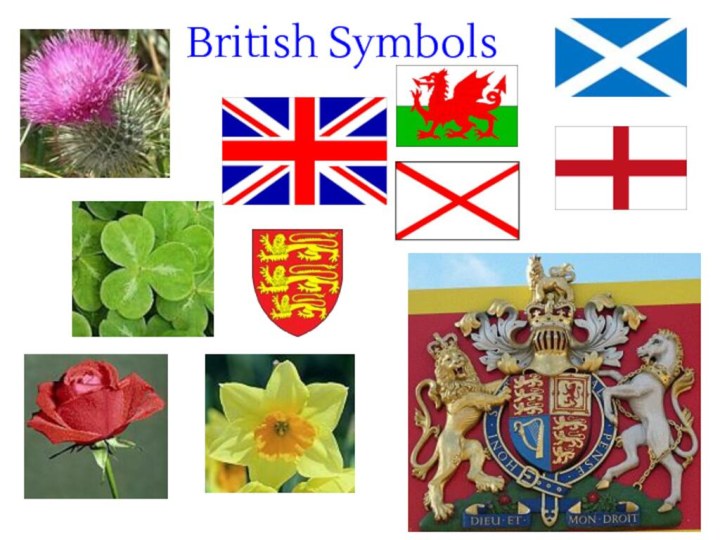
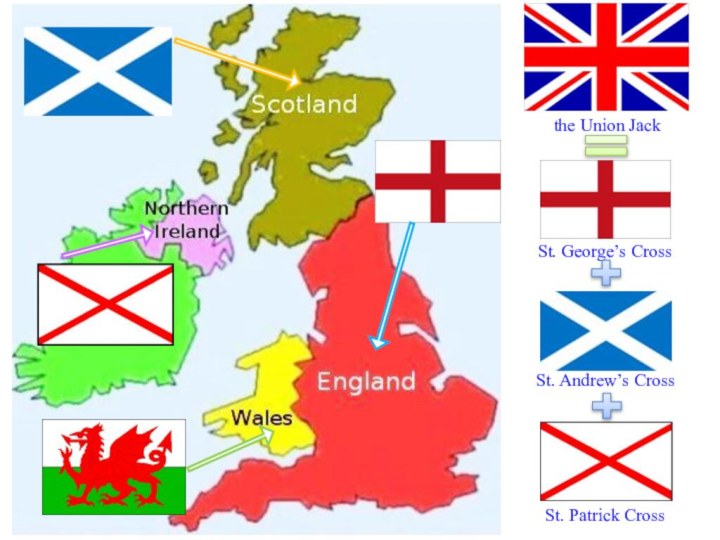
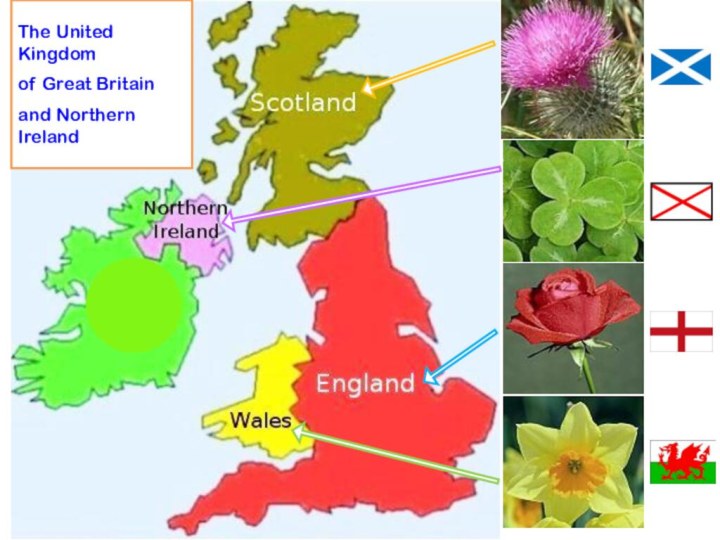
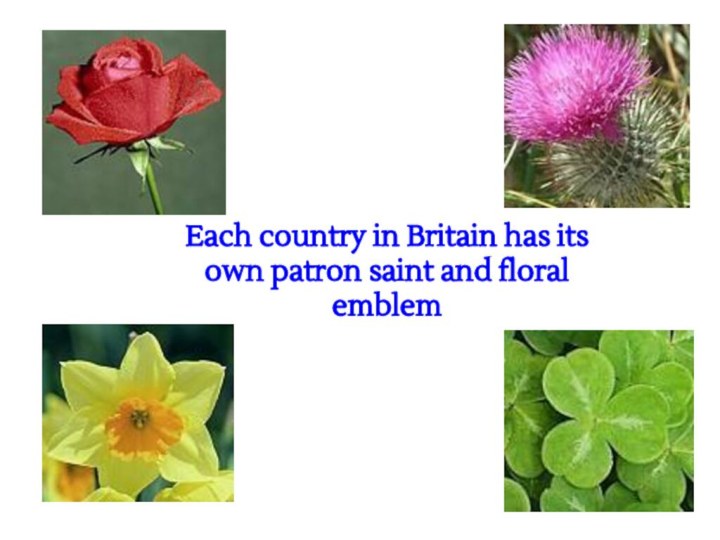
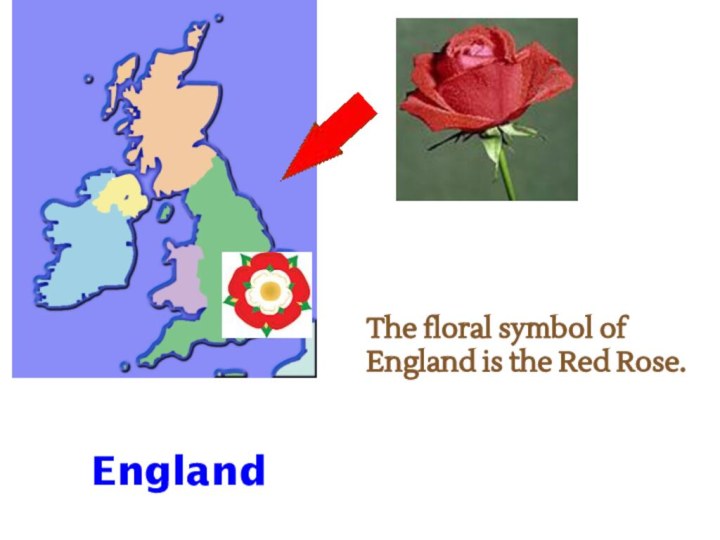
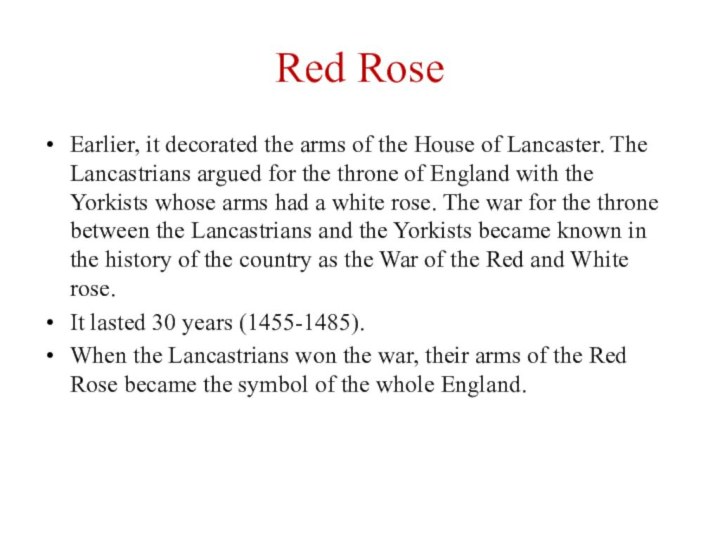
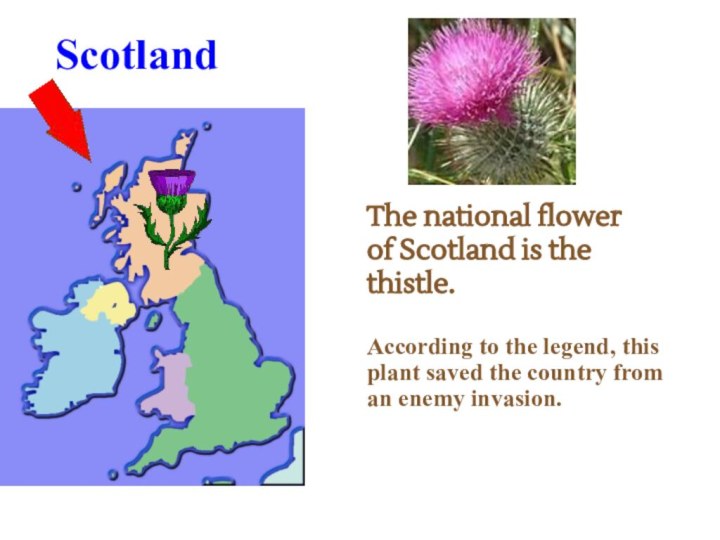
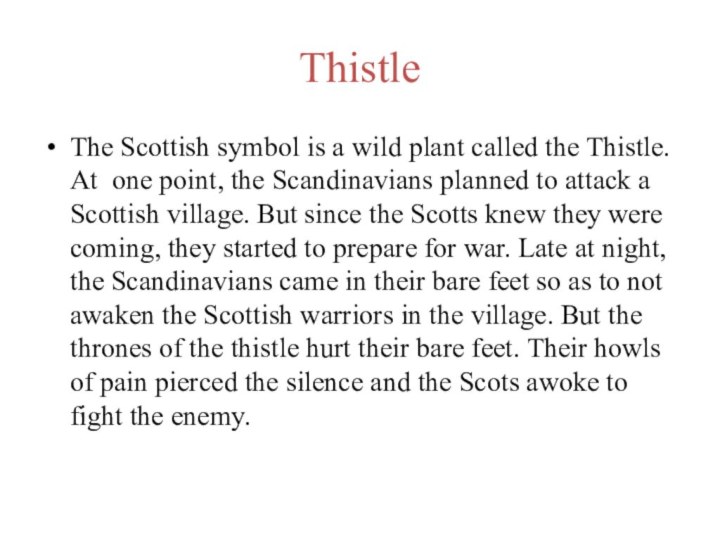
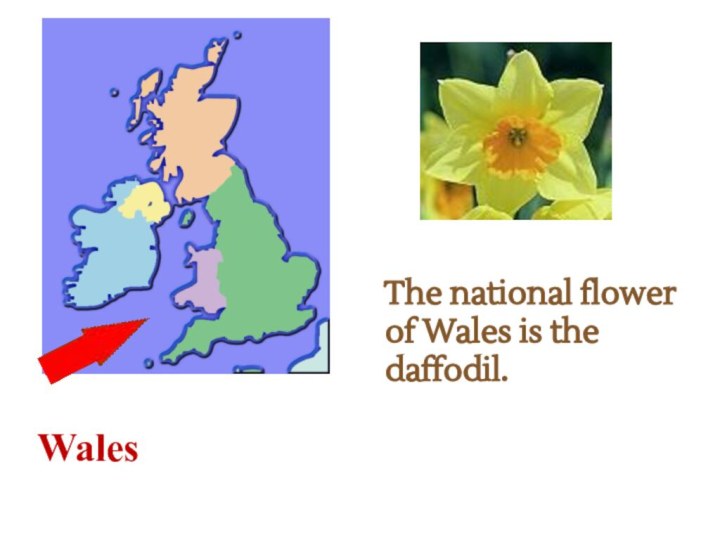
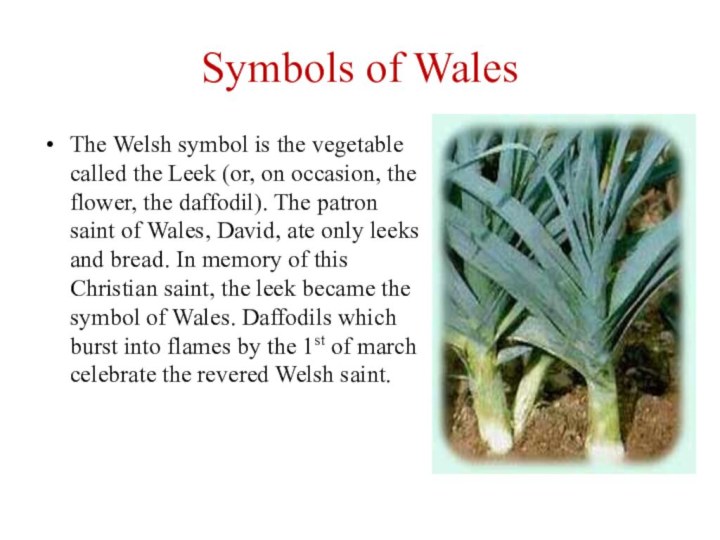
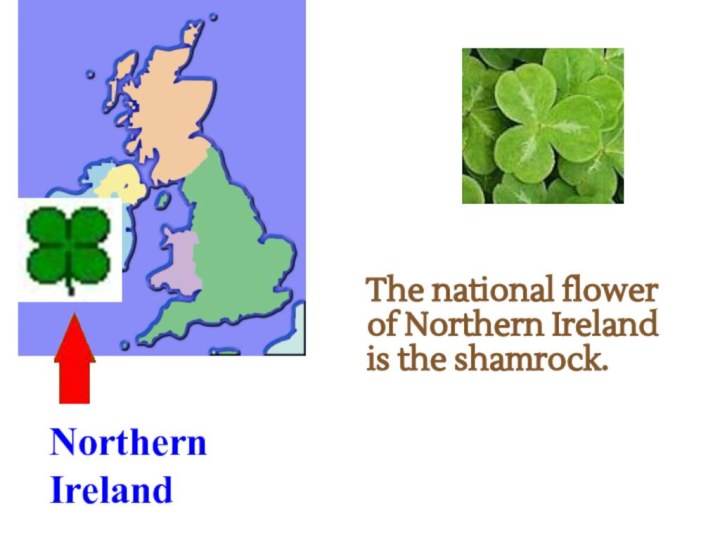
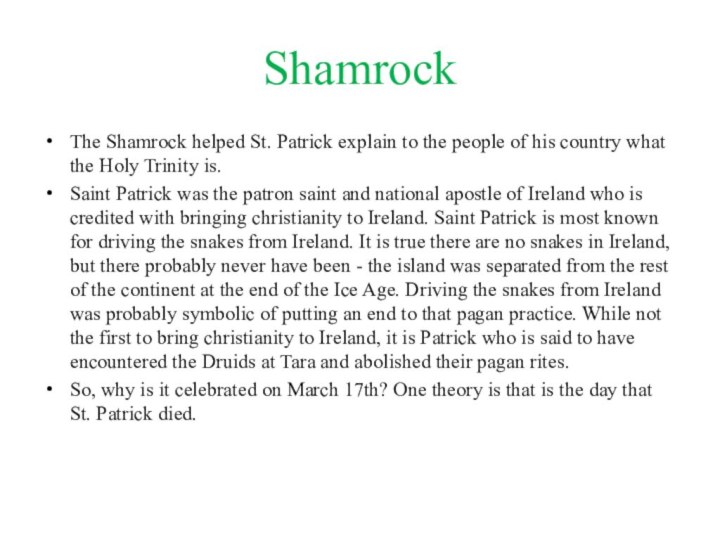
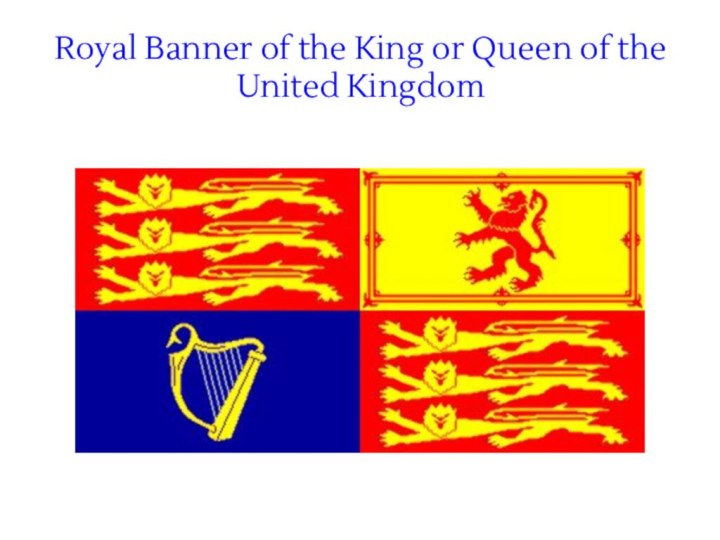
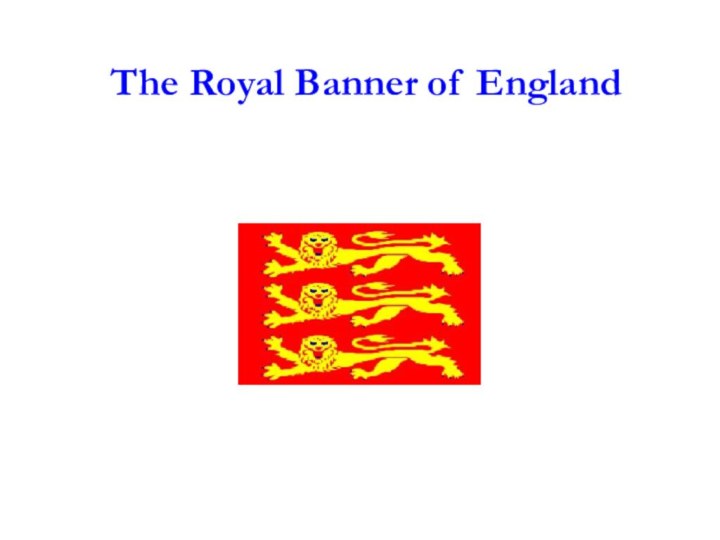
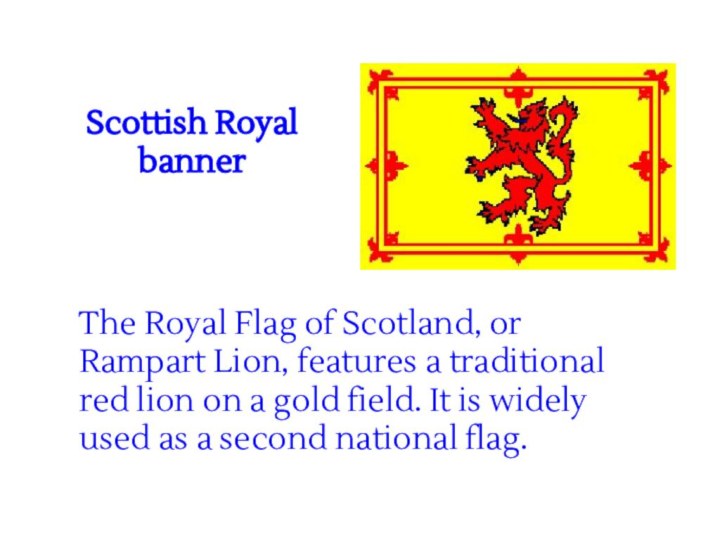
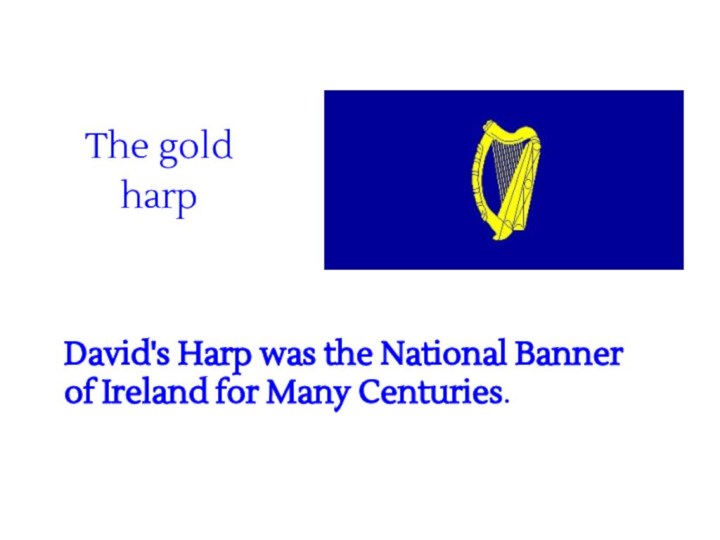
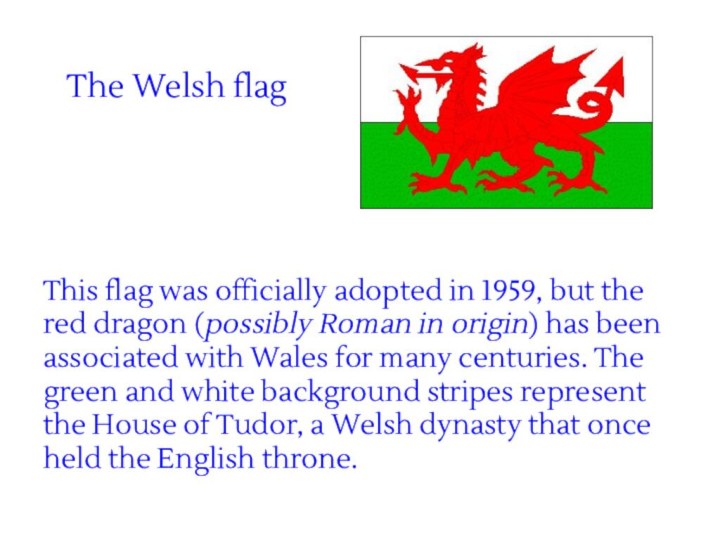
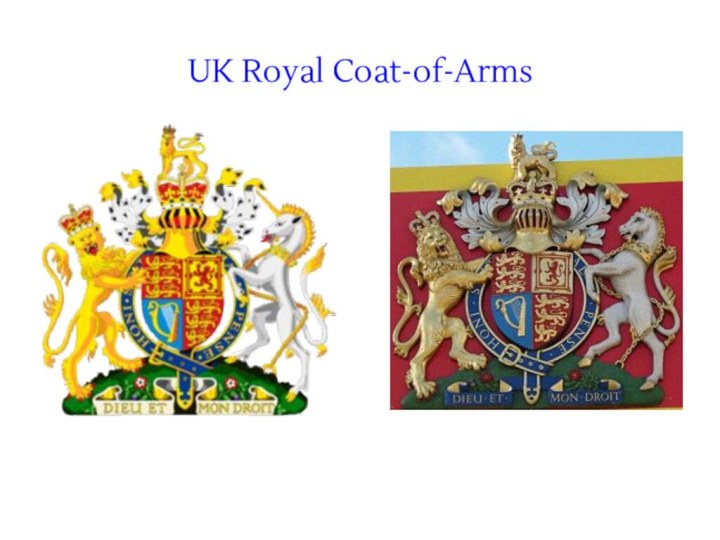
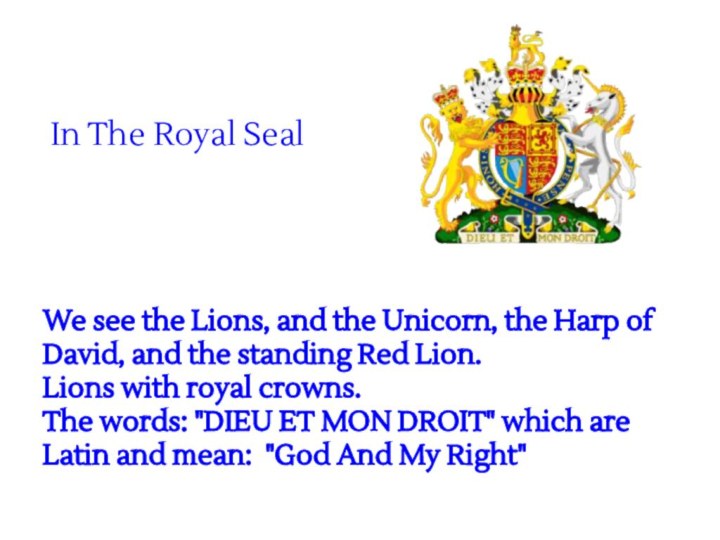
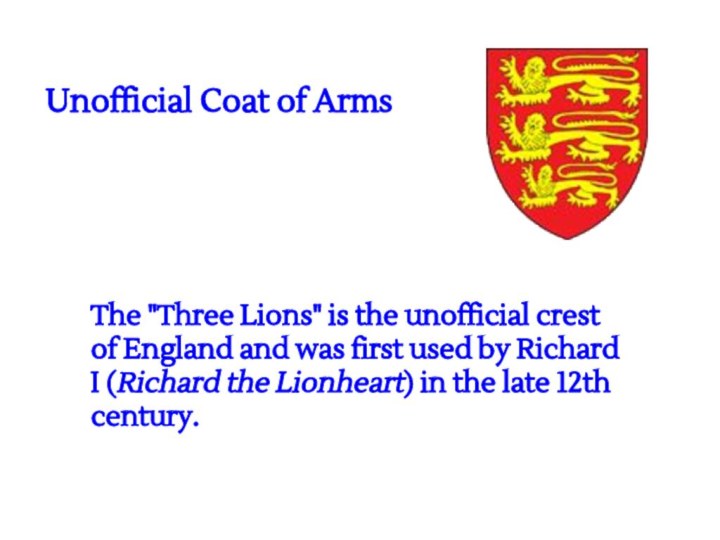
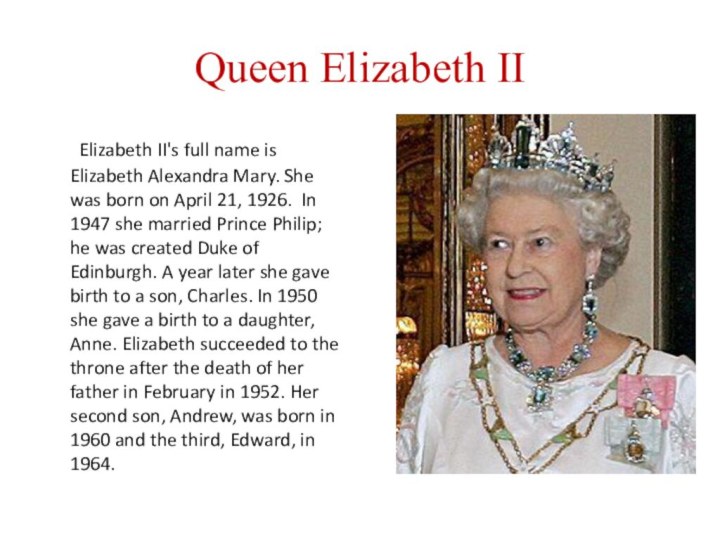
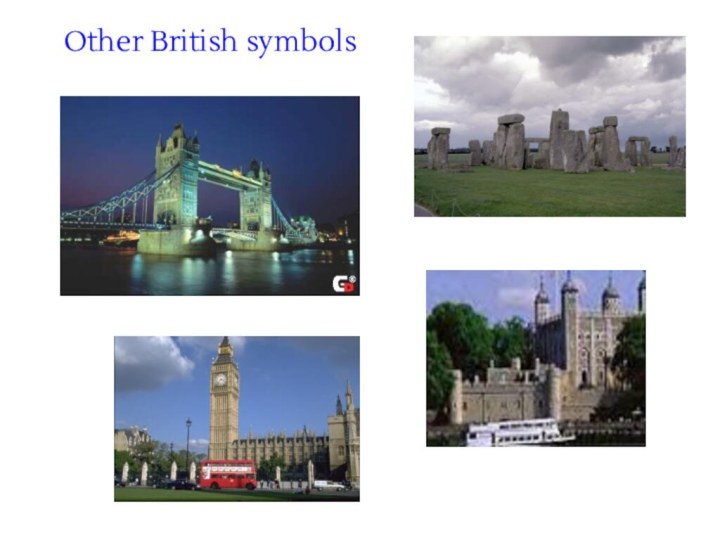
Слайд 3
The United Kingdom
of Great Britain
and Northern
Ireland
The United Kingdom
of Great Britain
and Northern Ireland
Слайд 6
Red Rose
Earlier, it decorated the arms of the
House of Lancaster. The Lancastrians argued for the throne
of England with the Yorkists whose arms had a white rose. The war for the throne between the Lancastrians and the Yorkists became known in the history of the country as the War of the Red and White rose.It lasted 30 years (1455-1485).
When the Lancastrians won the war, their arms of the Red Rose became the symbol of the whole England.
Слайд 7 According to the legend, this plant saved the
country from an enemy invasion.
Scotland
The national flower of
Scotland is the thistle.
Слайд 8
Thistle
The Scottish symbol is a wild plant called
the Thistle. At one point, the Scandinavians planned to
attack a Scottish village. But since the Scotts knew they were coming, they started to prepare for war. Late at night, the Scandinavians came in their bare feet so as to not awaken the Scottish warriors in the village. But the thrones of the thistle hurt their bare feet. Their howls of pain pierced the silence and the Scots awoke to fight the enemy.
Слайд 10
Symbols of Wales
The Welsh symbol is the vegetable
called the Leek (or, on occasion, the flower, the
daffodil). The patron saint of Wales, David, ate only leeks and bread. In memory of this Christian saint, the leek became the symbol of Wales. Daffodils which burst into flames by the 1st of march celebrate the revered Welsh saint.
Слайд 12
Shamrock
The Shamrock helped St. Patrick explain to the
people of his country what the Holy Trinity is.
Saint
Patrick was the patron saint and national apostle of Ireland who is credited with bringing christianity to Ireland. Saint Patrick is most known for driving the snakes from Ireland. It is true there are no snakes in Ireland, but there probably never have been - the island was separated from the rest of the continent at the end of the Ice Age. Driving the snakes from Ireland was probably symbolic of putting an end to that pagan practice. While not the first to bring christianity to Ireland, it is Patrick who is said to have encountered the Druids at Tara and abolished their pagan rites. So, why is it celebrated on March 17th? One theory is that is the day that St. Patrick died.
Слайд 15
Scottish Royal banner
The Royal Flag of Scotland, or
Rampart Lion, features a traditional red lion on a
gold field. It is widely used as a second national flag.
Слайд 17
The Welsh flag
This flag was officially adopted
in 1959, but the red dragon (possibly Roman in
origin) has been associated with Wales for many centuries. The green and white background stripes represent the House of Tudor, a Welsh dynasty that once held the English throne.

